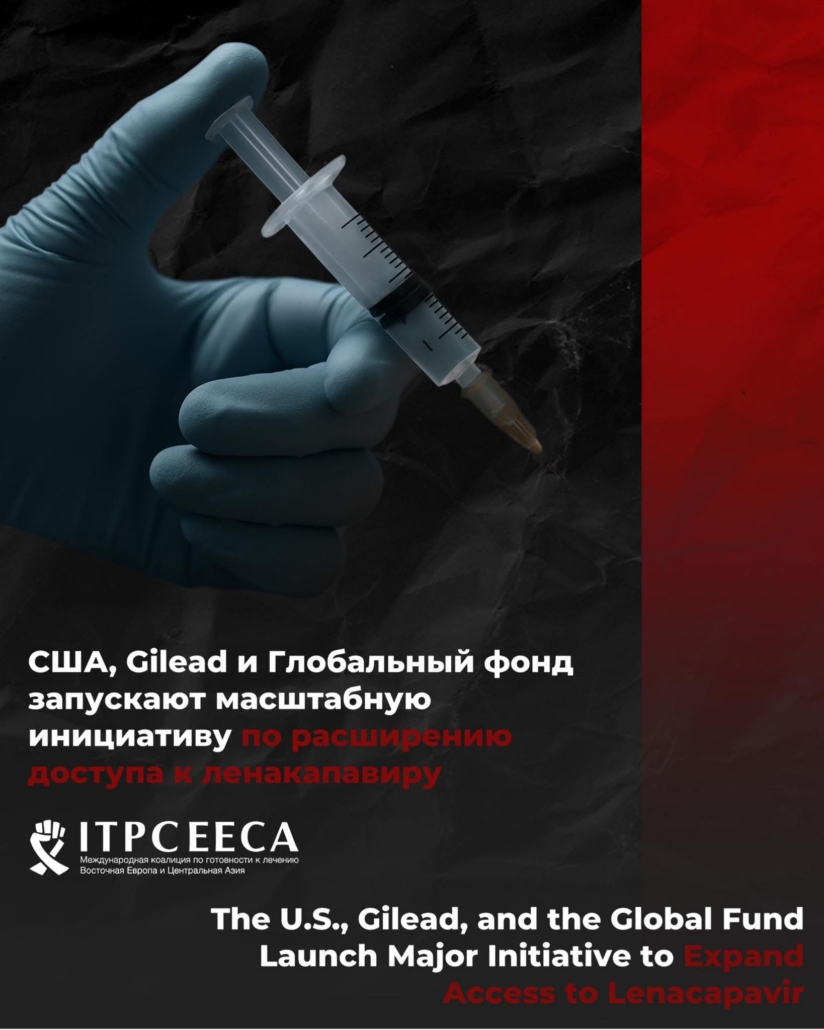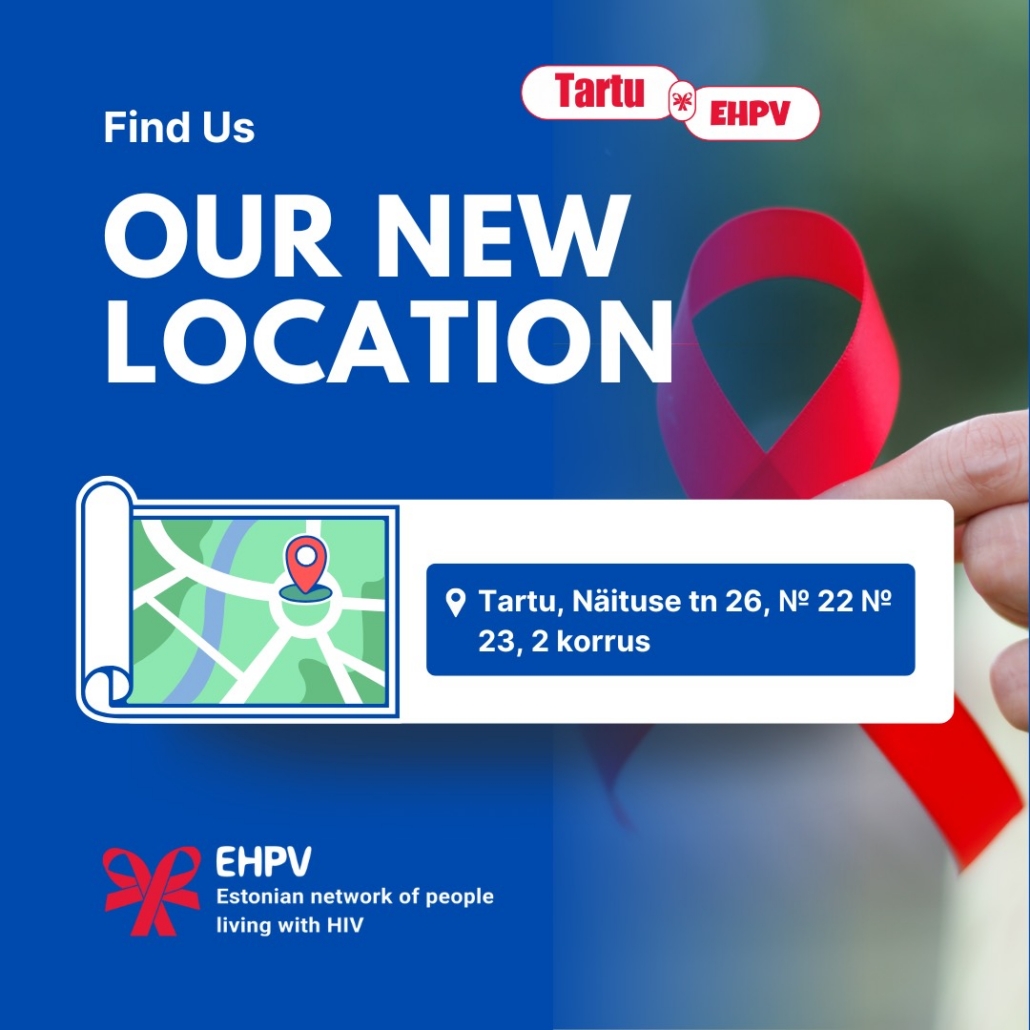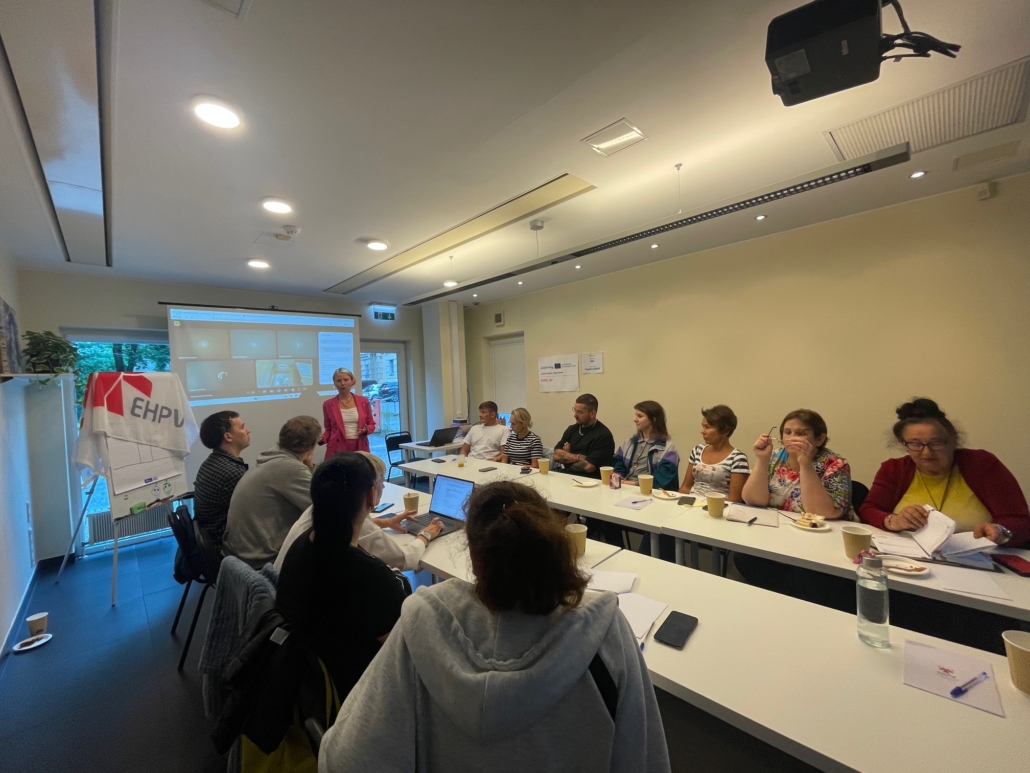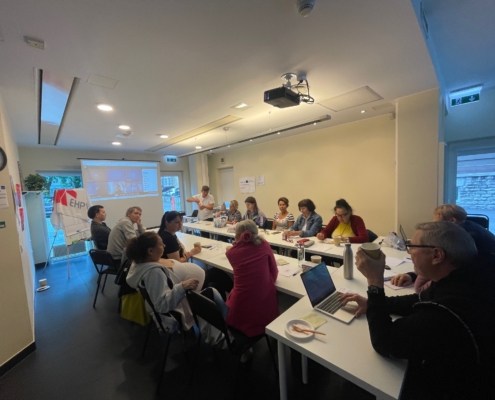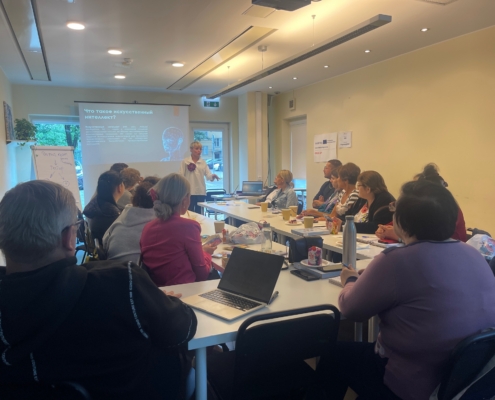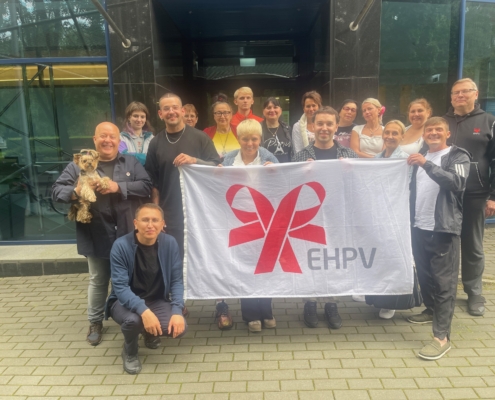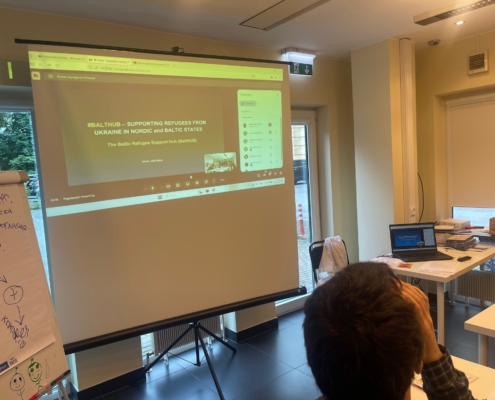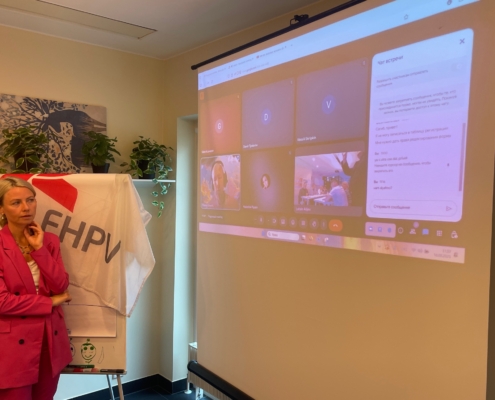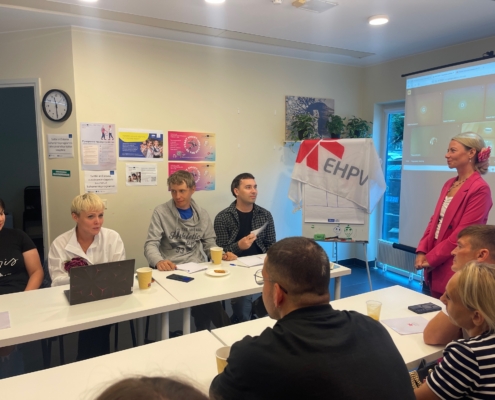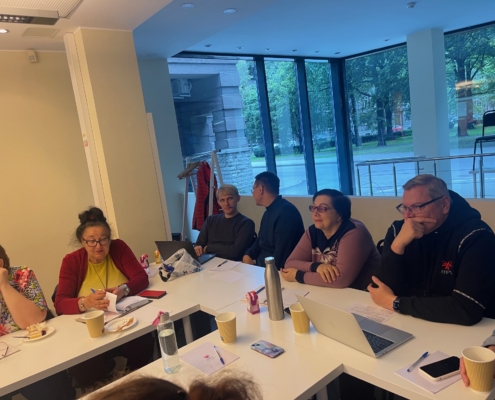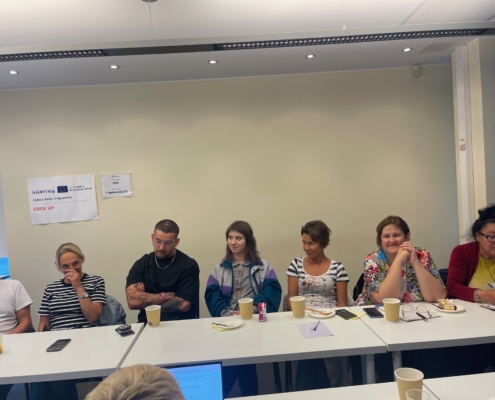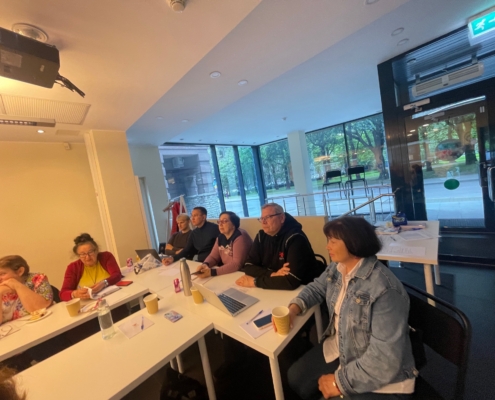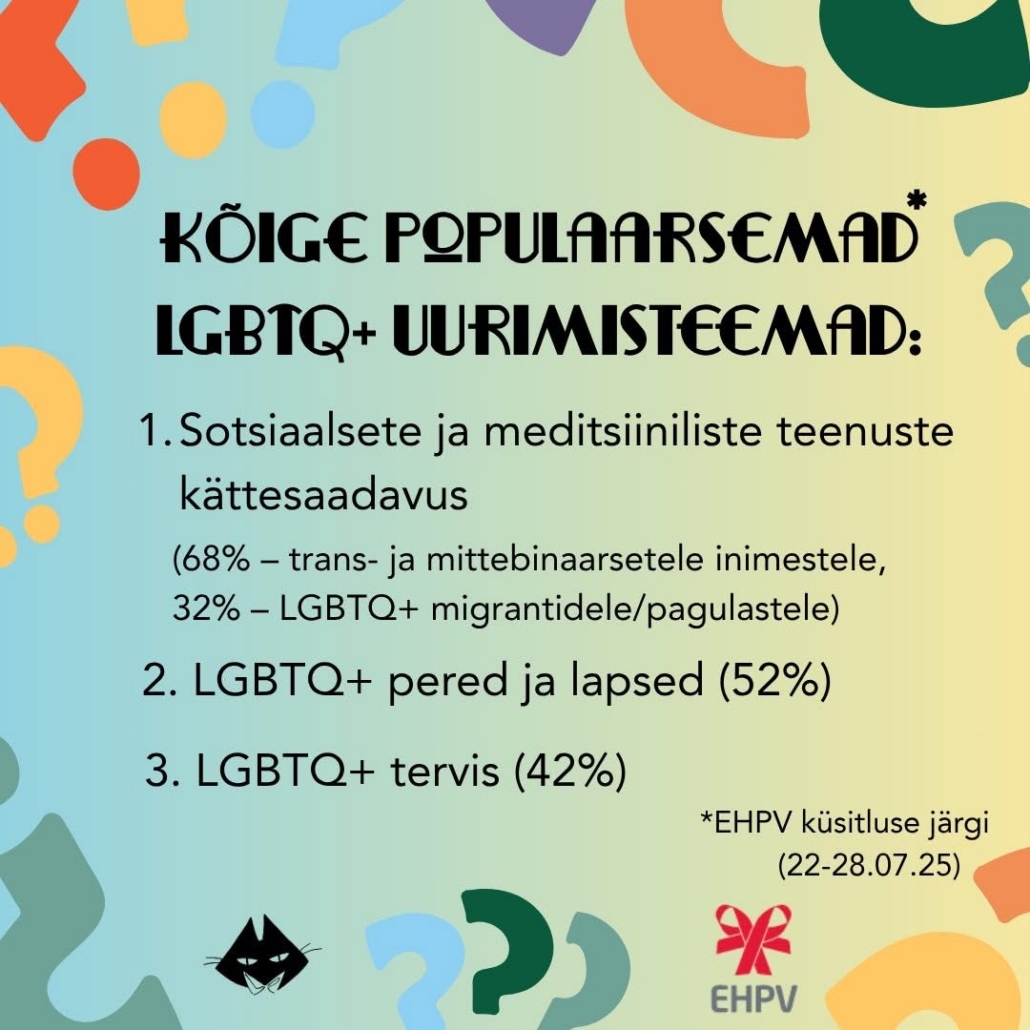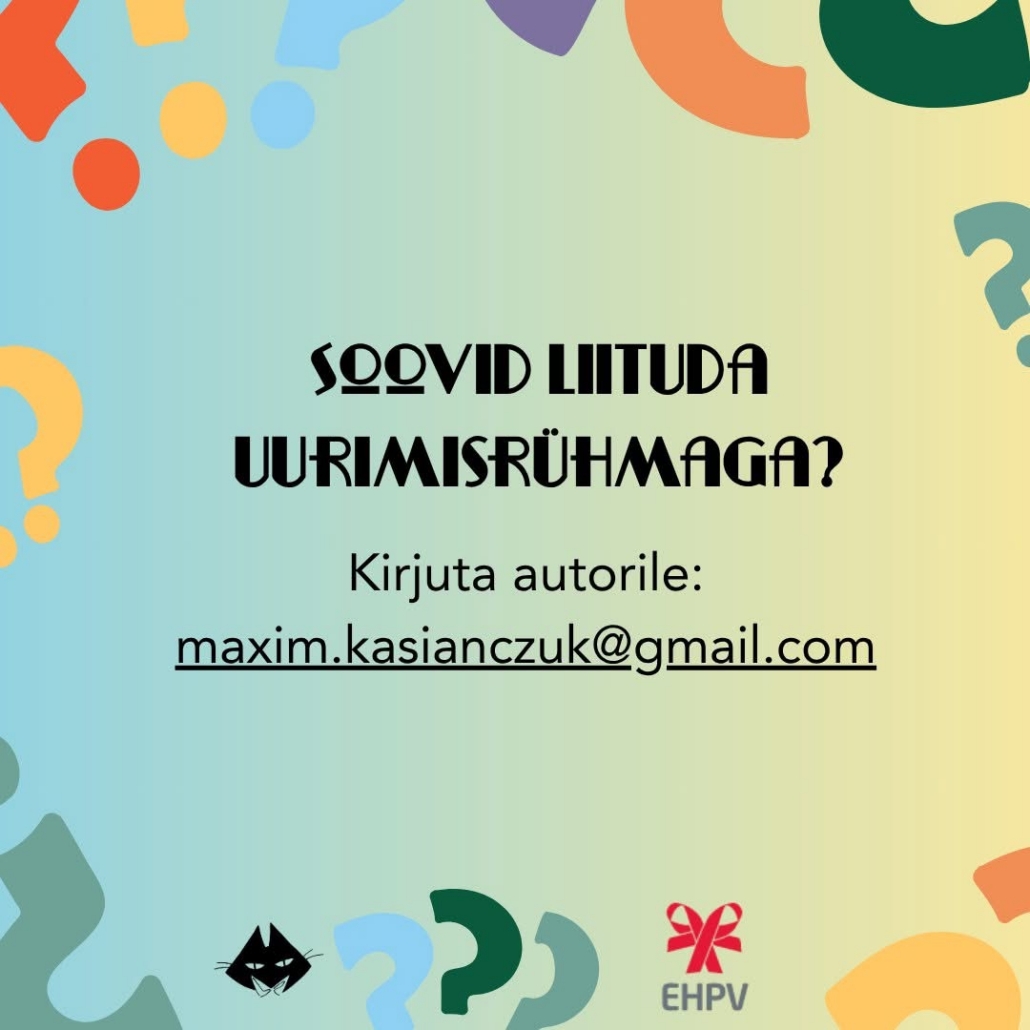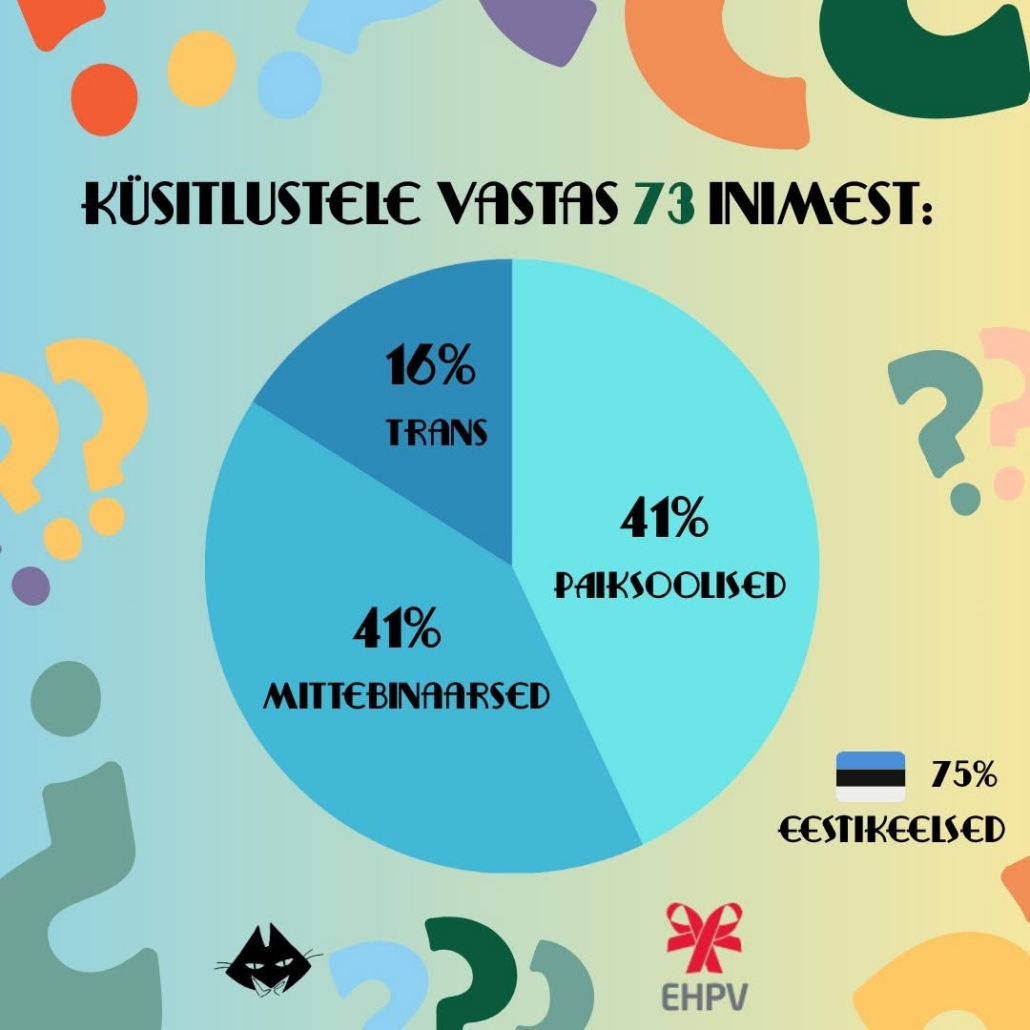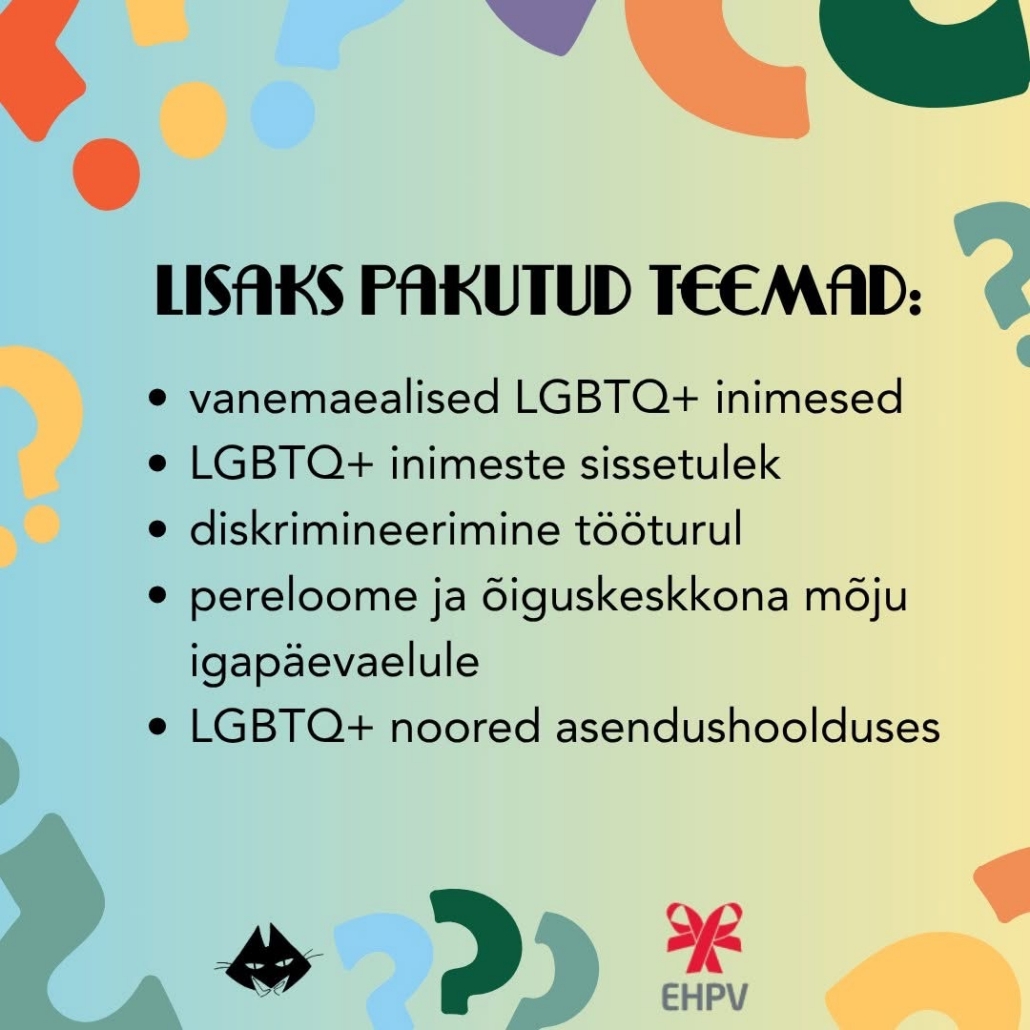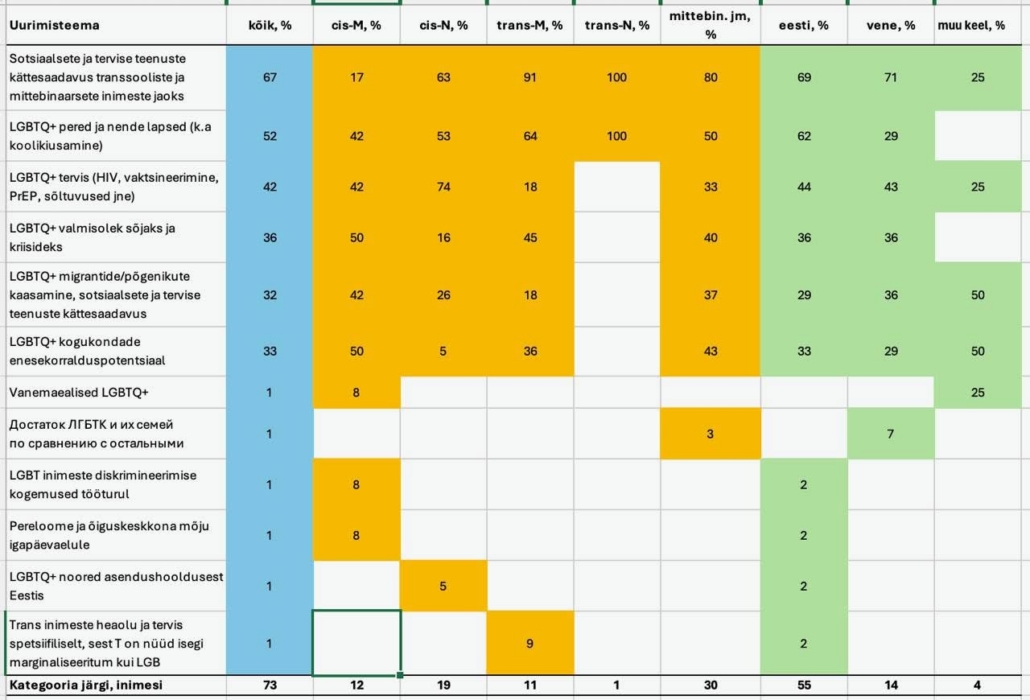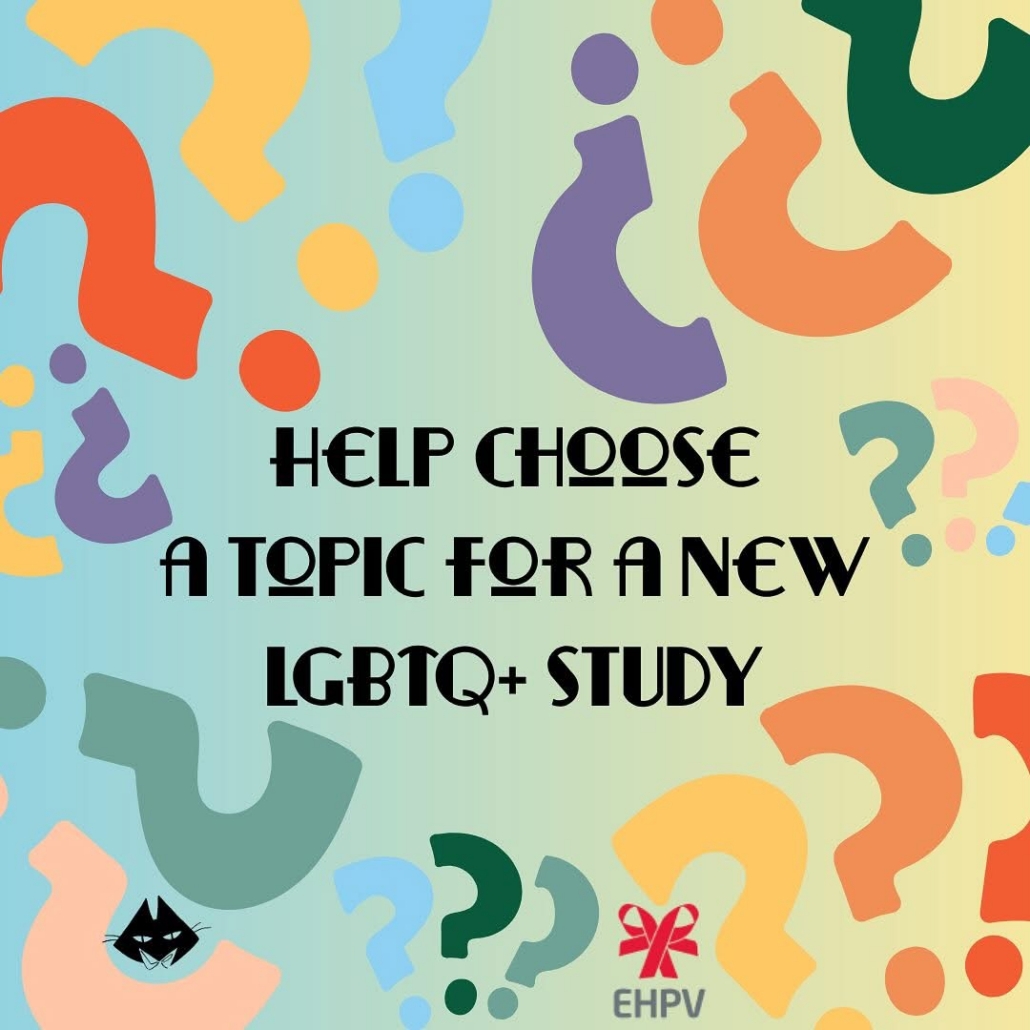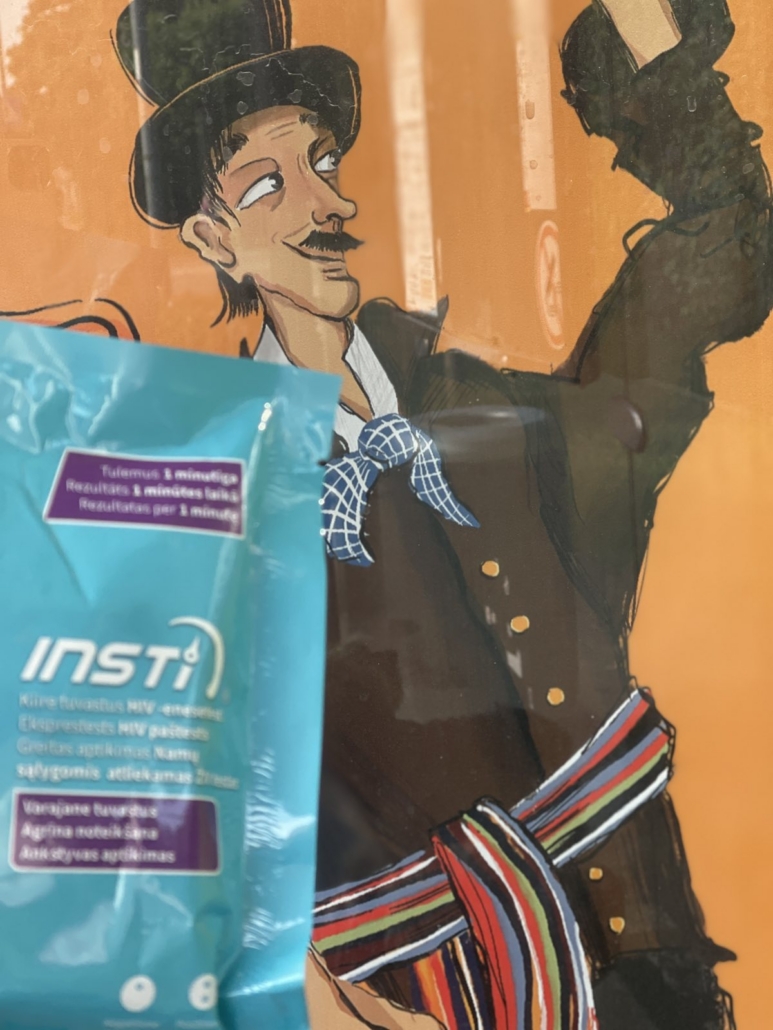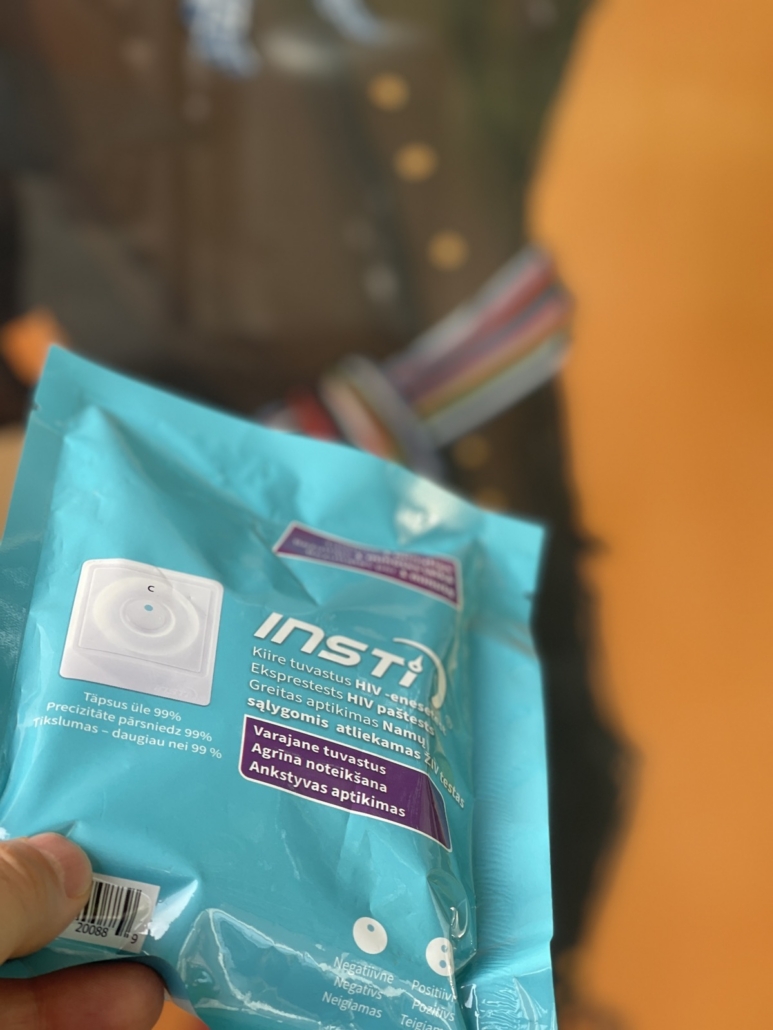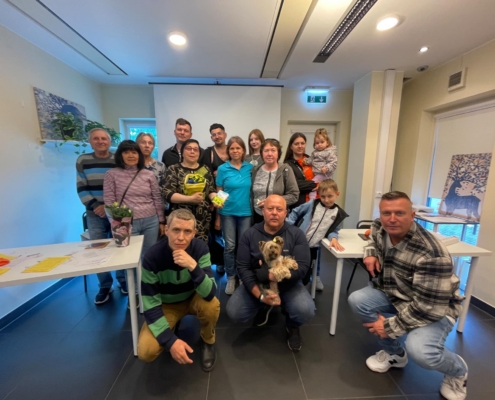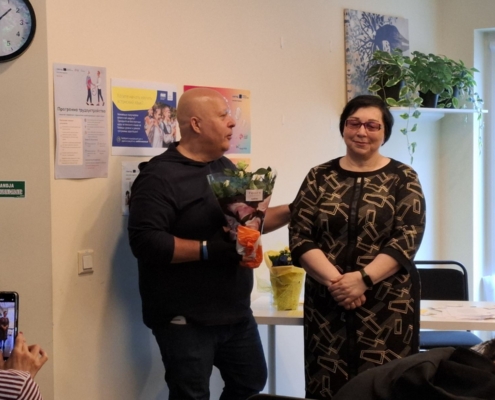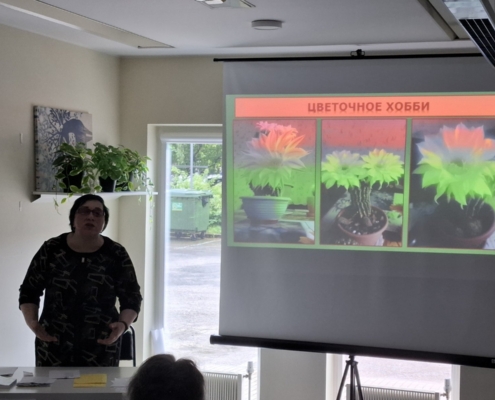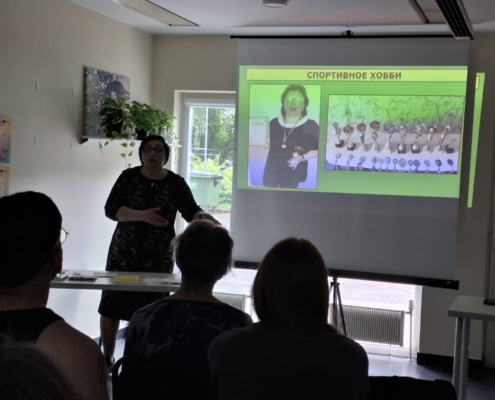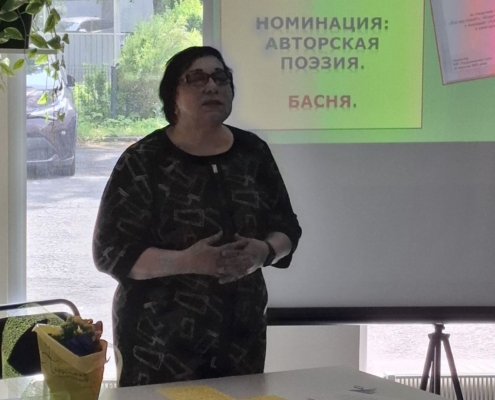The U.S. Department of State, Gilead Sciences, and the Global Fund to Fight AIDS
The U.S. Department of State, Gilead Sciences, and the Global Fund to Fight AIDS, Tuberculosis and Malaria have announced the launch of a large-scale initiative to expand access to lenacapavir — the first injectable HIV prevention medication administered twice a year.
The announcement was made at an official U.S. State Department briefing, held in the format of an open press conference, with participation from the Department’s Senior Official for Humanitarian Affairs, the Chairman of Gilead Sciences, and the Executive Director of the Global Fund.
As part of the new initiative, the plan is to provide access to lenacapavir over the next three years for two million people in countries with a high HIV burden. The drug will be supplied at cost, with no profit for Gilead, and part of the expenses will be covered by the U.S. government through the PEPFAR program. Special attention will be given to preventing mother-to-child transmission of HIV. While the full list of participating countries has not yet been made public, it is known that 8 to 12 priority countries are involved, and the first shipments of the drug are expected by the end of 2025.
However, some NGOs and activists have criticized the new initiative. In particular, the organization Health GAP stated that the actual scale of the program is significantly smaller than claimed. According to them, the U.S. government continues to block substantial funds necessary for the full operation of PEPFAR, and the promised coverage — around 667,000 people per year — is already included in the Global Fund’s current commitments and does not represent an additional contribution.
There has also been criticism of the program’s implementation model: nonprofit organizations with experience working with key populations are largely excluded. According to experts, without the involvement of these organizations, the initiative will not be sufficiently effective.

